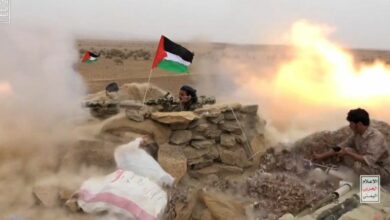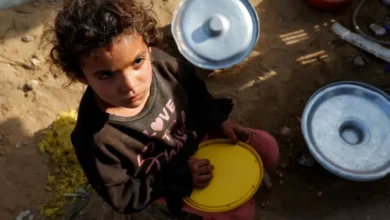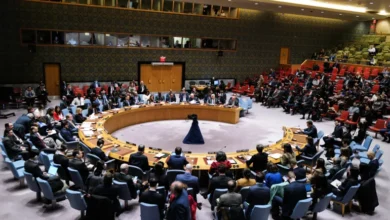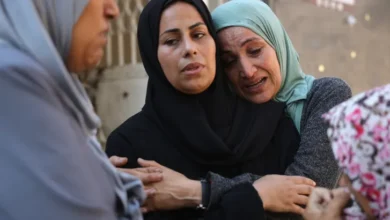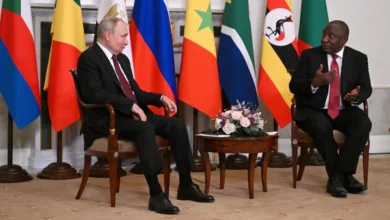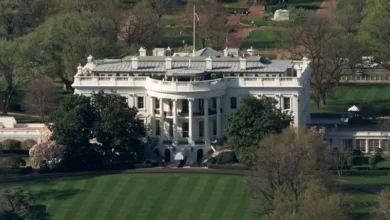US asks countries in the region to press Iran not to engage in war in Sudan
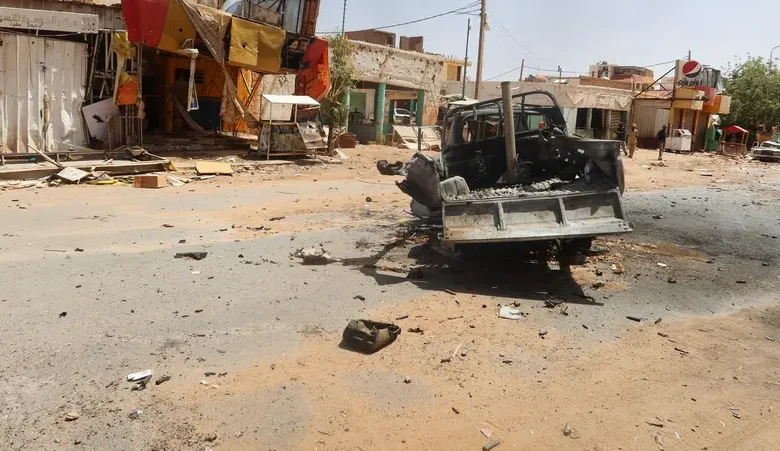
The US has had direct conversations with countries accused of fueling the conflict in Sudan and has encouraged regional states to press Iran not to engage in the war, US Ambassador to the United Nations Linda Thomas-Greenfield said on Thursday.
Reuters reported on Wednesday that Iranian-made armed drones had helped the army turn the tide of the conflict, halting the progress of the rival paramilitary Rapid Support Force (RSF) and regaining territory around the capital, according to a senior army source.
Six Iranian sources, regional officials and diplomats – who, like the army source, asked not to be identified because of the sensitivity of the information – also told Reuters the military had acquired Iranian-made unmanned aerial vehicles (UAVs) over the past few months.
“We’ve had numerous discussions with countries in the region and in those discussions with countries in the region, we’ve encouraged them to encourage other countries like Iran not to engage,” Thomas-Greenfield told reporters at the State Department in Washington ahead of the April 15 anniversary of the conflict in Sudan.
The war has pushed millions into extreme hunger, created the world’s largest displacement crisis, and triggered waves of ethnically driven killings and sexual violence in the Darfur region of western Sudan.
UN experts have said the RSF war effort has been aided by backing via neighboring African states including Chad, Libya and South Sudan.
Thomas-Greenfield added that the US has had direct conversations with countries who have been identified as possibly fueling the war.
“We’ve been making very clear to all partners across the region that escalating the war at this time is something that is going to not only have increasing humanitarian costs, but actually risks destabilization of the entire region,” US Special Envoy for Sudan Tom Perriello said.
“Right now is the time that every arms shipment, every bit fueling this conflict is something that pushes us closer to not only famine, but to a failed state.”
